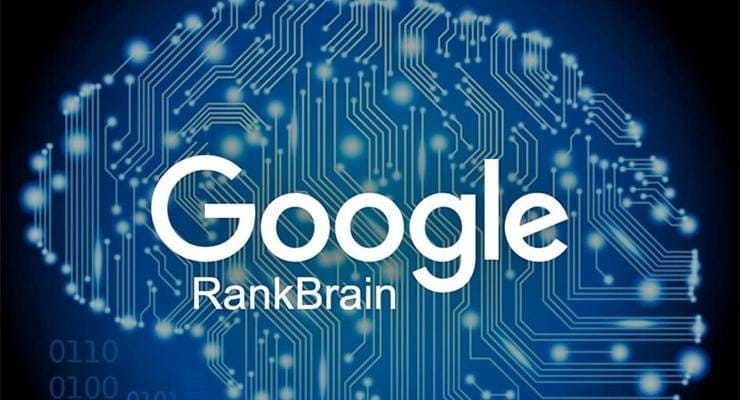Improve your results in Google with RankBrain

In October 2015, Google announced the introduction of RankBrain. In doing so, they also revealed that it will rank third as a ranking factor for search results. It has now been in use for some time and its effect is becoming more and more noticeable. What are the implications for your Search Engine Optimization (SEO) strategy?
What is RankBrain?
Google’s RankBrain
is an algorithm that uses artificial intelligence to learn from users’ search behavior in order to offer them the most relevant content possible. It constantly looks for the connection between what people are searching for and what they are actually looking for and ultimately find relevant. Simply put: Google now also learns what people mean instead of just what they say. If you mention something just different from what the person is searching for, the goal is that they still find your piece because it is relevant content. RankBrain actually tries to think with you
think like a human being
.
The effect on SEO
This adds an extra dimension to the use of search keywords as part of any SEO strategy. It becomes less necessary to write articles and do SEO optimization based on a few specific keywords and keyword phrases. The overall message and content becomes more important as the algorithm reads and learns and thus can rate your content for value, topic and content. It knows what you are writing about. So the ranking is done more on the basis of the entire content, and less on the basis of specific keywords and terminology.
“I’m working on artificial intelligence. Actually, natural language understanding, which is to get computers to understand the meaning of documents”.
Ray Kurzweil
Focus more on content, less on form
Part of Google’s use of RankBrain is to allow Internet content writers to focus more on content rather than frenetically writing around current buzzwords. So stop focusing forcibly on specific keywords that need to recur as much as possible, but tell about the topic you are discussing in multiple (normal) ways.
Keywords remain important
The objective is to make it easier for people to find the things they are looking for in multiple ways and to make manipulation of search results less easy. But that does not mean that keywords and keyword phrases are not important. After all, it doesn’t hurt at all to take that into account in advance. At least to some extent, you can influence it yourself.
- Look ahead with
Google AdWords Keyword Planner
. Find terms and synonyms related to your topic. For example, these could be part of headings and titles within your pages. - Search for the search terms and synonyms you found. At the bottom of each search results page you will find a list of related searches. For Dutch search terms, this still yields less meaningful insights than for English search terms, but that can only get better in the future (because RankBrain learns).

- When writing, think about how you can take into account that relevant, related terms from those results come back naturally in your page.
- Get your text validated. By people. If you’ve technically done everything right, but it doesn’t help the reader or the organization you’re writing for/about, it’s still of little use. People aren’t going to refer to it and thus you won’t achieve much SEO-wise.
Most important remain content and links
RankBrain thus ranks third in importance for indexing by Google. That means there are two more important factors. These are
links and content
. So the most important thing is that the quality of your article or page is so good that people want to link to it, because then you kill two birds with one stone. Even though Google may not tell you that directly; cross-referencing from your article to other sources (for source citation or more information, for example) also has a positive effect. It ensures that people can validate and verify your article anyway (not entirely unimportant in these times of “fake news”). Produce lots and lots of good content and build a link ecosystem around your content.
We hope you will find these tips helpful when developing your website or writing articles for your weblog. Good luck!

